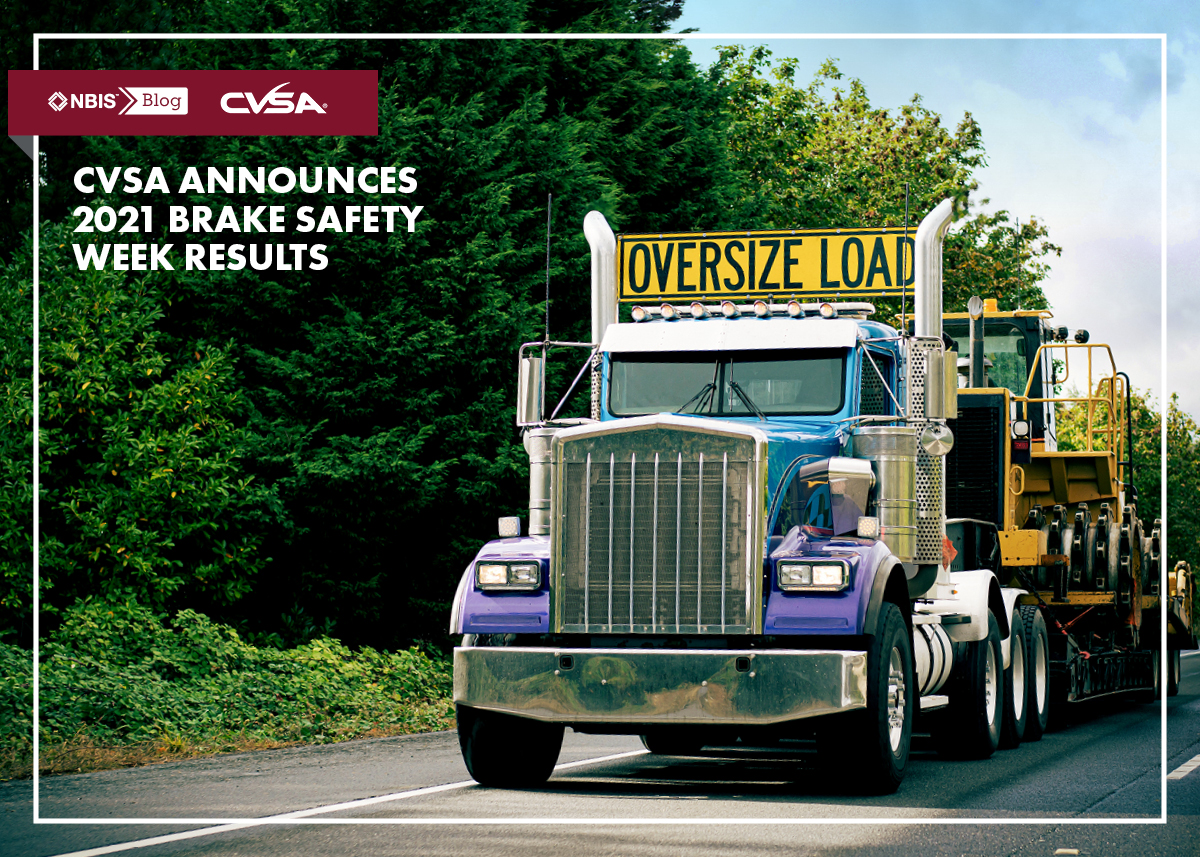By now, you’ve probably heard about the $1 trillion Infrastructure Investment and Jobs Act signed into law by President Biden back in November 2021. It’s a big deal for the specialized transportation, crane, and rigging world as it means a host of new projects on the horizon, and demand for skilled workers to complete them. What you may not have noticed is that the law is taking special care to ensure that safe drivers stay on the road longer, while also opening the industry to underrepresented drivers. A recent article in Transport Topics goes into greater detail on these changes, but we’ll cover the major points here.
One significant change to the trucking industry is the implementation of an apprenticeship for commercial drivers younger than 21 to drive interstate. Deputy Transportation Secretary Polly Trottenberg points out in the Transport Topics article that the recent pandemic has had a devastating effect on the number of qualified drivers in the US, while also underscoring just how critical these drivers are to keeping the supply chain moving. Trottenberg stated that the USDOT’s primary aim in implementing this apprenticeship program is to “look for new ways to bring new populations in[to the trucking industry].”
Historically, drivers under the age of 21 have been prohibited from interstate commercial truck driving. The apprenticeship program will allow drivers under 21 to operate during a probationary period, during which they may operate in interstate commerce with the supervision of an experienced driver in the passenger seat. An experienced driver must be 26 or older with a commercial driver license, have been employed for at least the past two years, and have at least five years of interstate commercial motor vehicle experience.
Trottenberg, preemptively addressing safety concerns about younger commercial drivers, stated, “I want to emphasize, in particular for the apprenticeship program, because as you know, there’s a lot of discussion about also the safety element; [we are] making sure that we’re doing it in a way that is safe.”
Two more features of the Infrastructure Act are aimed at inclusivity in the trucking industry and retention of experienced drivers. The law established the Women of Trucking Advisory Board to review and report on policies that educate, train, and mentor women. The board is meant to encourage women to enter the commercial trucking field. Additionally, a truck leasing advisory board was established to promote driver retention by facilitating access to resources meant to assist commercial drivers in assessing leasing agreements.
All of these measures are aimed at reaching new drivers and retaining experienced drivers. Transportation Secretary Pete Buttigieg noted, “In some parts of the trucking industry, 90% of drivers turn over each year. Making sure truck drivers are paid and treated fairly is the right thing to do, and it will help with both recruiting new drivers and keeping experienced drivers on the job.”




